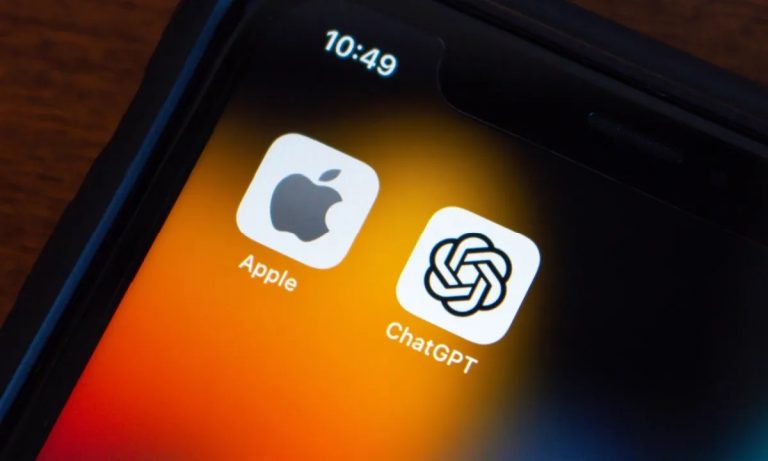
The conversation around whether it costs more to be polite to AI may have started as a joke, but it’s stirred up real questions about the human-AI dynamic, and the invisible price tags behind every word we type.
It began with this curious post on X: “I wonder how much money OpenAI has lost in electricity costs from people saying ‘please’ and ‘thank you’ to their models.” The kind of offhand musing that might’ve drifted unnoticed through the social media stream — except it caught the attention of OpenAI CEO Sam Altman.
“Tens of millions of dollars well spent — you never know,” Altman quipped in response.
Register for Tekedia Mini-MBA edition 19 (Feb 9 – May 2, 2026).
Register for Tekedia AI in Business Masterclass.
Join Tekedia Capital Syndicate and co-invest in great global startups.
Register for Tekedia AI Lab.
His reply, dry and ambiguous, didn’t include any hard numbers, and it clearly wasn’t meant to be taken as a serious accounting statement. But it set off a wave of speculation, including a piece from Futurism exploring whether such seemingly insignificant habits might come with outsized energy costs when scaled to the billions of queries AI systems process each year.
The Energy Behind Every Query
Generative AI models like ChatGPT aren’t just pulling words out of thin air. Each response relies on massive server farms—power-hungry systems crunching numbers around the clock. A 2023 study by researchers at the University of Washington estimated that a single ChatGPT response might consume about 0.3 watt-hours of electricity, depending on its length and complexity. Multiply that by the billions of queries the model handles, and the energy bill quickly climbs.
But adding a few extra words like “please” or “thank you”? Not enough to break the bank in isolation. The consensus among experts is that while yes, extra tokens (units of text) do incrementally increase computational workload and energy use, the marginal cost of politeness is minuscule. What’s less insignificant is the cultural weight of those words.
Politeness as Prompt Engineering
Kurt Beavers, a design director for Microsoft’s Copilot, an AI assistant built on a similar architecture to ChatGPT, says the choice of words matters not just to humans, but to the models themselves.
“Using polite language sets a tone for the response,” Beavers told Futurism. When an AI “clocks politeness, it’s more likely to be polite back.”
This idea echoes what’s known in prompt engineering: how you phrase a question or command influences the output. Politeness can signal a certain tone or context that subtly shapes the response, even if the model doesn’t have emotions or understand social cues in the human sense.
It’s less about morality or manners and more about signal and response. A well-worded prompt, polite or not, helps the AI narrow down the tone and intent of its answer. This is especially useful in customer service or professional settings where tone matters just as much as accuracy.
That doesn’t mean swearing or bluntness has no place. In fact, in some contexts, a peppering of profanity can clarify urgency or emotion. Researchers have found that emotionally charged prompts often yield more vivid, emphatic, or creative responses from AI. Of course, most consumer-facing models filter or tone down profanity, depending on context and content policies.
But users testing boundaries or trying to extract more forceful or humorous replies often experiment with different tones, including impolite ones.
Anthropomorphism in the Age of AI
The debate about saying “please” to machines also touches on how we perceive AI. As chatbots get more fluent, humanlike, and responsive, users naturally start treating them like digital companions. This tendency toward anthropomorphism—projecting human traits onto non-human entities—can be harmless or even helpful. For example, it might make interactions feel smoother and more intuitive.
But some experts warn that this blurring of lines might lead to unrealistic expectations, or worse, a misplacement of trust. Saying “thank you” might be second nature now, but what happens when we forget it’s not a sentient being we’re addressing?
So It’s Worth It After All?
Back to the original question: Does saying “please” and “thank you” cost OpenAI millions in electricity?
Technically, yes—if you scale it up and take Altman’s quip at face value. But those extra tokens probably cost fractions of a cent each, and the goodwill or comfort they bring to the user experience is arguably worth far more.
And as Altman said, “tens of millions of dollars well spent — you never know.” Because in a world increasingly shaped by artificial conversations, the choice to be polite, even to machines, might just be a small but meaningful stand for how we interact with each other.



